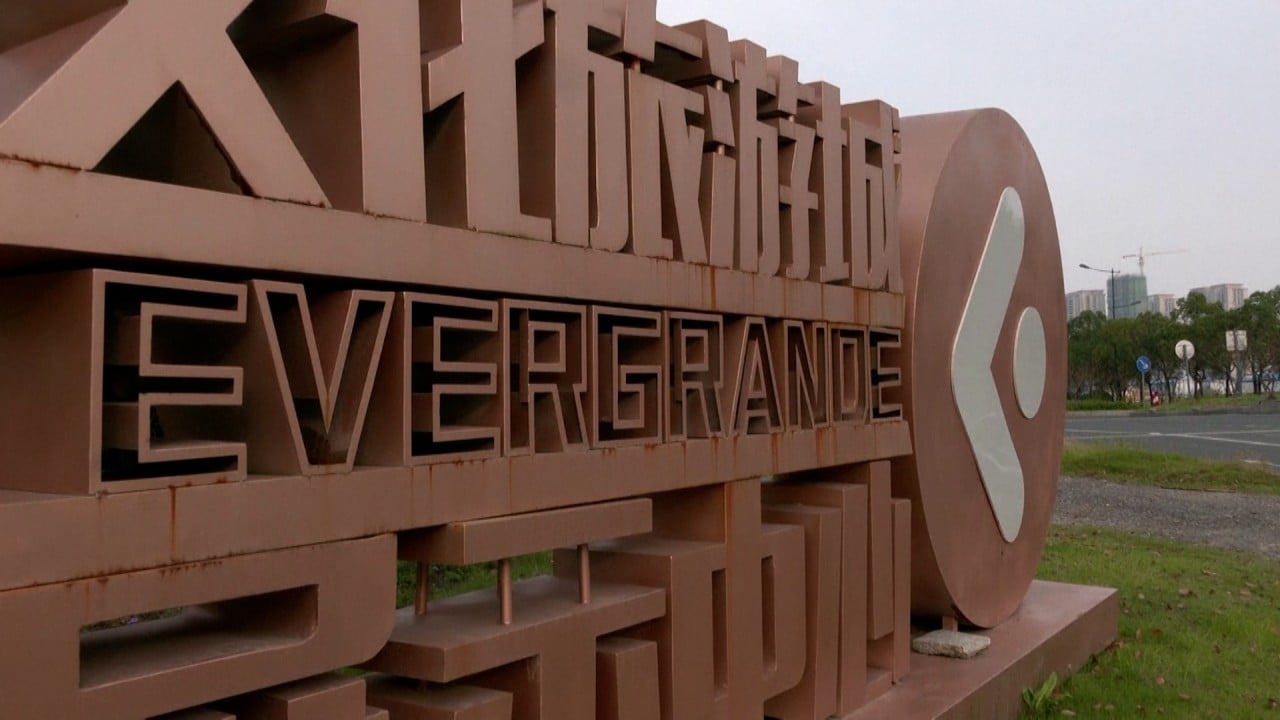
Why Beijing will endure property tax’s drag on housing market
- The government’s pursuit of ‘common prosperity’ and reduced inequality mean a further slowdown in the housing market is not a deal-breaker
- Some fundamental changes are deemed more critical for the country’s future and will better position it against the changing demographic and geopolitical landscape
There have been rumours about a new round of property tax pilot programmes for some time now. President Xi Jinping’s essay in Qiushi, a journal controlled by the Communist Party, appears to have given this policy a final push.
In the essay, Xi said: “We should actively and steadily promote the legislation and reform of real estate tax and do a good job in the pilot work.”
While there is little data available, it appears property tax receipts contribute little to government revenue. In Shanghai, for example, property tax revenue in 2020 was about 20 billion yuan (US$3.1 billion), only accounting for about 1.2 per cent of total tax revenue. Property tax revenue in Shanghai also includes tax paid by businesses, so payments from households were even smaller.
Even with the government’s support for the policy, there is still strong resistance among homeowners. Given that the final form of the scheme will most likely tax households with more than one property and could include a progressive tax regime, it makes sense that wealthy families would be displeased with the plan.
This seems to suggest that many people are using other instruments to finance their property purchases. There have been reports of people taking out business loans and using the money to buy property. A wealthy family could buy a flat with cash and later collateralise the property and take out loans from commercial banks, claiming the reason for borrowing was to run a business.
This family would need to own a company to qualify for business loans, of course. But the Shenfangli case earlier this year in Shenzhen showed how shell companies could be registered to get bank financing that is used in the housing market.
Past cases of debt restructuring already point to a calibrated policy approach, which suggests that the entire debt restructuring process will be a prolonged one.
I believe Beijing will use the same tactics and take a step-by-step approach in its implementation of the property tax. While the countrywide scheme is likely to be approved shortly, its execution will still be cautious and calibrated.
Given the importance of the housing sector in China’s overall economy, a property slowdown suggests the country’s economic growth will be less impressive going forward.
It seems Beijing has accepted the prospect of slower growth, though. It sees that some fundamental changes are more critical for the country’s future and will better position it against the changing demographic and geopolitical landscape.
Hao Zhou is senior emerging markets economist at Commerzbank



